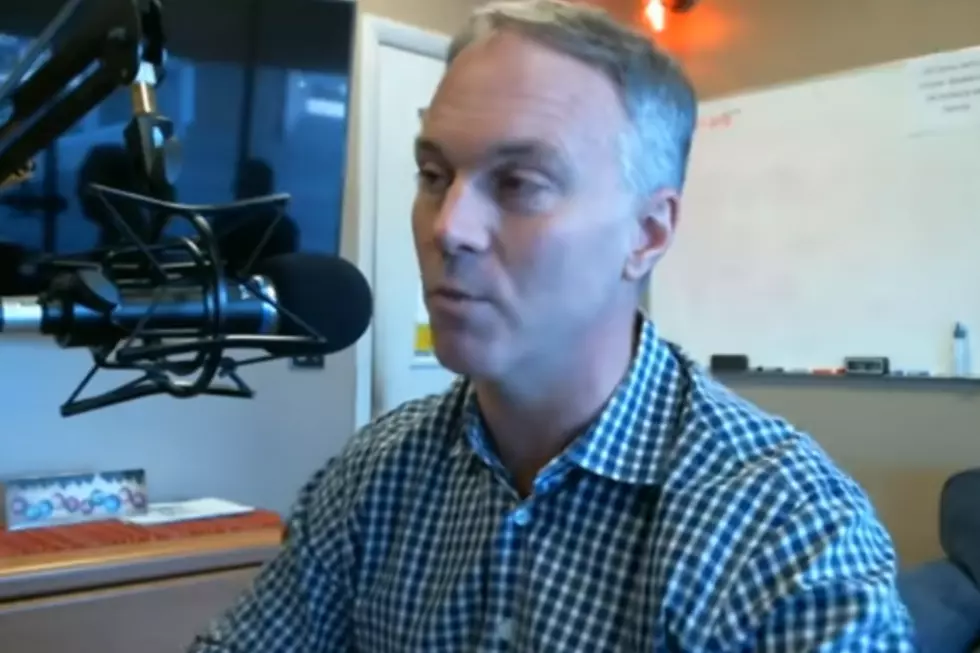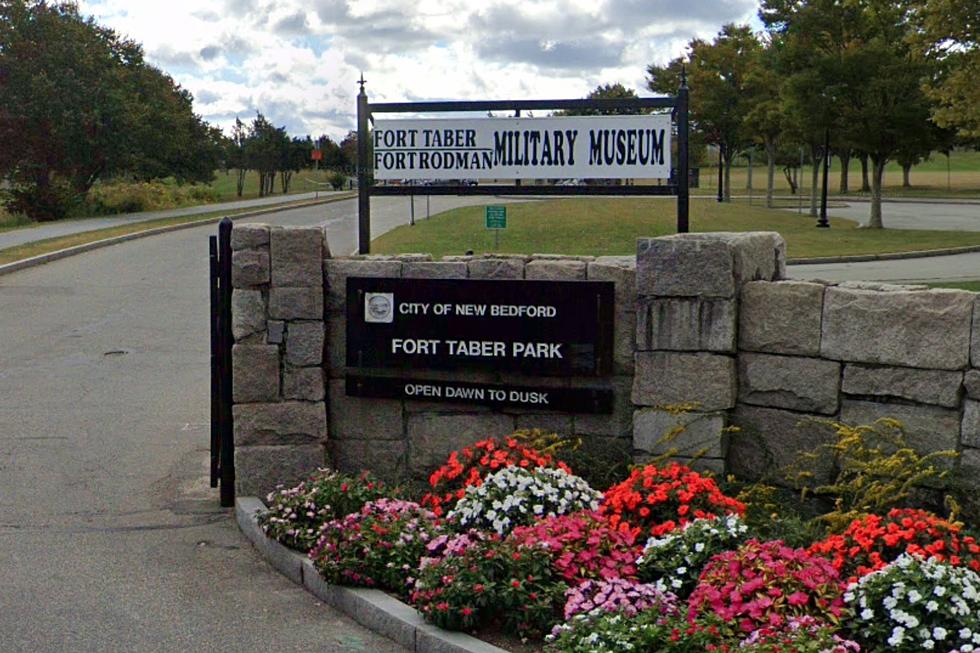
New Bedford Mayor Discusses Homelessness, Overdose Deaths
In his weekly appearance on WBSM Wednesday, New Bedford Mayor Jon Mitchell discussed a number of humanitarian issues currently affecting the city.
The City of New Bedford began its annual Point-in-Time count of the homeless in the city on Wednesday afternoon. Each year, volunteers canvass the city and count the number of both sheltered and unsheltered homeless living in New Bedford over a 24-hour period, which helps determine the amount of funding the City gets to help combat homelessness.
"There are a couple of different ways the federal government categorizes (homelessness), but it's essentially sheltered or unsheltered," Mitchell said. "The unsheltered are the folks who are out on the street, who literally don't have a place to go. Sheltered folks are either in shelters or staying with relatives or friends but don't have a permanent home. In both instances, we need to continue to work hard to get those people the help they need."
Mayor Mitchell said the number of homeless people in the city has gone down a little bit each year, but that it hasn't gone down nearly enough. He said during the 2018 Point-in-Time Count, there were just over 400 homeless people in the city, including 40 to 50 who were unsheltered.
"Homelessness in America has been a vexing issue for decades because a lot of it is tied up in mental illness and substance abuse," he said. He noted that many on the street refuse the warmth of a bed at the Sister Rose House because it's a "dry" shelter and they won't be allowed to drink or use drugs there. "That is a condition a lot of folks out on the street are unwilling to accept, so they remain out on the street, and that's the problem."
He also said that when the City and the New Bedford Police have had to break up the homeless encampments that pop up around the city, they've tried to do so "in a considerate way" and make sure they get those people into the services offered by the City's Homeless Services Providers Network.
"The police do everything within their legal power...but they can't force them," Mitchell said. "You can't just arrest somebody because they want to be outside. That's what's tough."
The mayor said it is the substance abuse and mental illness that leads to so many living on the streets.
"It's a terrible thing. There's just no sugar-coating it. These are people that need help and are incapable of helping themselves. We need to do at least what we can to give it a shot, to try and get their lives back on track," Mitchell said. "This is a compassionate city, and it's important for us to try our best because there are success stories."
Mitchell also discussed how the opioid crisis has hit New Bedford extra hard in 2019, with 10 suspected overdoses in the city in the past week alone. He said it's a concerning trend not just in the city, but throughout the country. He said prior to this year, the number of overdose deaths had actually been on the decline.
"In (2016) it was 54 (overdose deaths), in (2017) it was 45, and in (2018) I think we were a little bit below that," Mitchell said. "So obviously, 10 in a month is a far higher rater than we have experienced."
Mitchell called the spike in overdose deaths "alarming" and said he's been working closely with Police Chief Joseph Cordeiro to figure out what is happening. He said usually such spikes can be attributed to one particular dealer who is likely cutting heroin with the powerful synthetic opioid fentanyl. Mitchell said police detectives are working hard to walk back the overdose deaths to the source of the drugs.
And although the mayors of Boston and Cambridge recently toured safe injection sites for drug users in Canada, Mitchell remains steadfast against such sites in New Bedford. He pointed to U.S. Attorney Andrew Lelling's recent statement that safe injection sites would be a violation of federal drug laws, and that he would fully prosecute anyone who provides them. But Mitchell said federal law isn't the only reason he's against the sites.
"Safe injection sites I think perpetuate the problem, and they're not safe," he said. "It's hard for me to imagine, especially as someone who was in law enforcement for a while, that those sites will not attract drug dealers."
Mitchell said the City and those who provide services to drug addicts have worked hard to deal with the problem of drug abuse and that progress has been made. He said more progress can happen if there are changes in state policy, and that he supports Governor Charlie Baker's proposed tax on opioids, stating that medical providers are too loose with the prescription of them.
More From WBSM-AM/AM 1420









